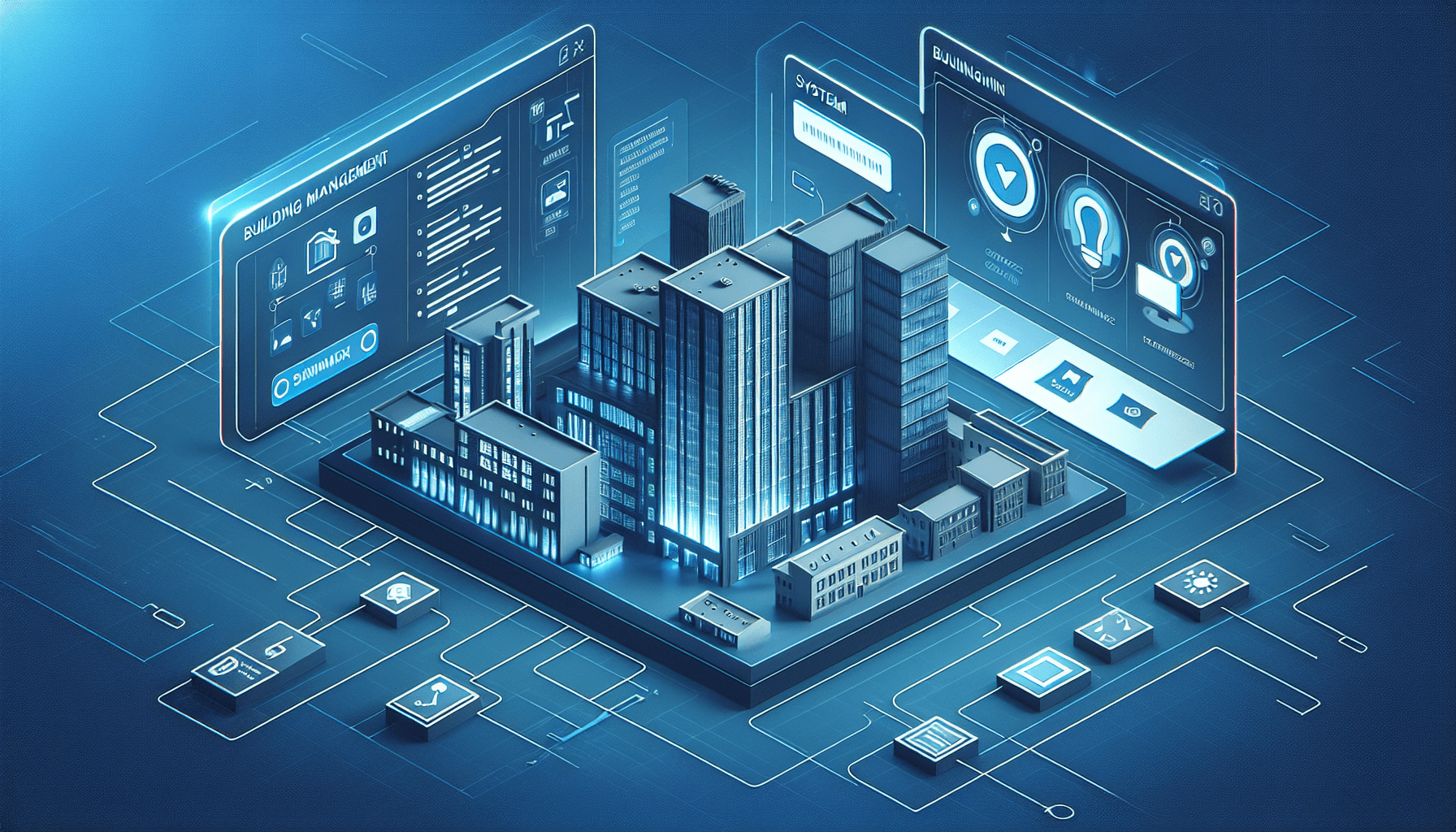What is Property Management and What Do Property Managers Do?
Running an investment property takes time, dedication, and expertise. If you own rental properties but don't want the hassle of daily operations, a property manager could be your solution. I'll break down everything you need to know about property management and how it can make your life easier.
Property Management: Property management is the professional oversight of real estate owned by others, involving the day-to-day operations, maintenance, and leasing of residential or commercial properties. A property manager handles tasks such as finding and screening tenants, collecting rent, coordinating repairs, and ensuring the property maintains or increases in value while generating income for the owner.
Introduction to Property Management
Property management bridges the gap between property owners and tenants. Think of property managers as the conductors of a real estate orchestra – they keep all the moving parts in harmony. Their expertise makes investment properties run smoothly, protects property values, and creates positive experiences for tenants. Without proper management, even the best properties can struggle to reach their full potential.
Types of Property Management
Property management isn't one-size-fits-all. Each type of property needs specialized attention:
Residential Property Management
Single-family homes require personal attention to tenant needs and maintaining the property's curb appeal
Multi-family properties need coordination between multiple units and shared spaces
Apartment complexes demand systematic approaches to maintenance and tenant relations
Commercial Property Management
Office buildings focus on maintaining professional environments and managing multiple business tenants
Retail spaces require attention to customer access and business-friendly modifications
Industrial properties need specialized maintenance and safety protocol management
Special-use Property Management
Student housing follows academic calendars and handles high turnover
Senior living facilities require extra attention to accessibility and safety
Vacation rentals need frequent turnover management and marketing
Key Responsibilities of Property Managers
Property managers wear many hats. Here's what they handle:
Financial Management
They collect rent, manage budgets, and track expenses. They'll create financial reports so you know exactly how your property performs.
Tenant Relations
From screening potential tenants to handling lease agreements and solving conflicts, they're the front line of tenant communication.
Property Maintenance
Regular inspections catch small issues before they become big problems. They coordinate repairs and respond to emergencies 24/7.
Legal Compliance
They stay current with housing laws, maintain proper insurance, and ensure safety regulations are met.
Benefits of Professional Property Management
For property owners, professional management means:
More free time to focus on other investments or activities
Less stress from middle-of-the-night maintenance calls
Better returns through professional management
Tenants benefit from:
Quick responses to maintenance requests
Clear communication channels
Professional handling of their needs
Common Challenges in Property Management
Managing properties isn't always smooth sailing. Common issues include:
Late rent payments and tenant disputes
Unexpected maintenance emergencies
Keeping up with paperwork and regulations
Technology in Property Management
Modern property management uses digital tools to streamline operations:
Software for tracking maintenance and rent payments
Online portals for tenant communication
Smart home technology for security and efficiency
Choosing a Property Manager
Look for these qualities:
Professional certifications and licenses
Clear communication style
Transparent fee structure
Strong references
Future of Property Management
The field keeps moving forward with:
More automated processes
Better data analytics for decision-making
Improved tenant experience through technology
Ready to Make Your Property Work for You?
Bellhaven Real Estate's property management team takes the stress out of property ownership. We handle everything from tenant screening to maintenance coordination, letting you enjoy the benefits of property ownership without the daily responsibilities. Contact us to learn how we can help manage your property portfolio.

